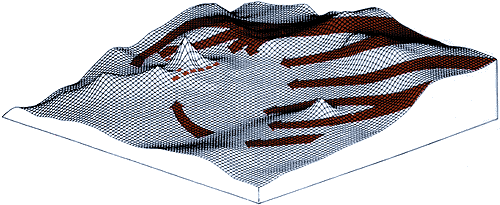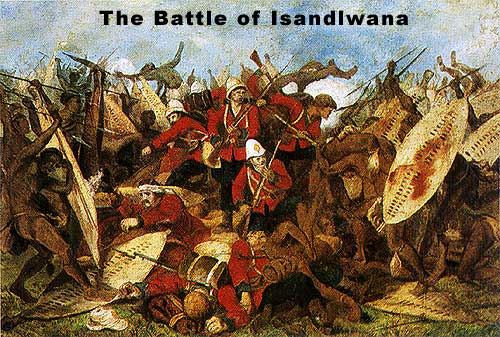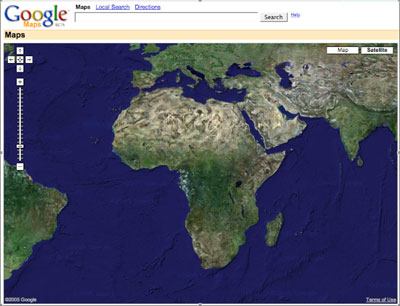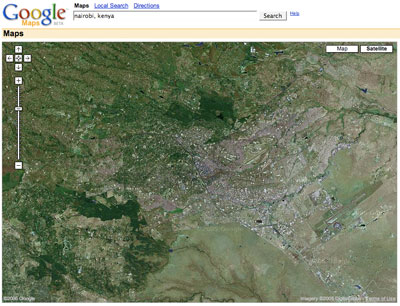A strategist is someone who sees the whole picture, and can visualize the end-game. A tactician is the one who gets you there.
I just made that up, but I think its true. My job puts me in a position where I am a strategist. This works for me since I am a person with a lot of ideas, a problem solver and a visionary. Others are put into the same position, and they are great hard workers, but they have a miopic view of what needs to be done to win the game (and it is a game by the way, a complicated one, but a game none the less). Tactical people are the right answer when you need someone to get a job done, but the wrong ones when trying to find answers to high-level complicated questions.
Being a strategist sounds like a glorious thing. That is until you realize strategists usually lack certain attributes like; attention to detail, bad organizational skills and focus. The truth is that though there is a great need for strategists, the vast majority of positions need to be filled by tacticians. They’re the ones that get things done!
A strategists view of the battle of Isandlwana:

A tacticians view of the battle of Isandlwana:

In the majority of organizations, companies, groups and communities there is a much greater need for tacticians than strategist. A handful of strategists in the right positions, surrounded by an army of tacticians is far more productive and focused than an unbalanced group that has to many of one and not enough of the other. Balance. Simple to talk about, difficult to put into practice.
When a company is hiring for a new position, one of the things that I suggest is deciding what they need and want out of the person that they are hiring and the position they are filling. Once a decision has been reached on which is needed it becomes an easier hiring process. This is especially true if one is looking for strategists due to the fact that there are fewer of them.
Can You Spot a Strategist?
If you choose to hire a strategist for a position, how can you tell what a strategist looks like? What are the tell-tale signs?
This might sound counter-intuitive, but I believe that you find strategists by looking for the tacticians. Once those have been identified and crossed off of the list, you have the smaller pool of applicants to look and interview in depth. (assumption: you’ve weeded out those not qualified for the job)
With this smaller pool, test them on their idea generation skills. Give them an open ended problem with a couple days to mull it over and provide back a written solution. Thinking skills are critical, as well as the ability to research. Neither of these can be done in an hour sit-down test in your office, they need to time.
My second suggestion would be to sit down with them in a group setting for a brainstorm session. Ask them questions, have them talk and take part. Are critical thinking skills present? Do they have great outside-of-the-box ideas? They don’t need to take “leadership” role, they just need to prove that they can take part and add to high-level discussions that might, or might not, be within their particular field.
Are there more types of people out there than tacticians and strategists? Probably, I sure haven’t done any research on it, this is just my free-thinking at 1:30 AM. It would be easy to throw analogies about the officers and enlisted, and how they are supposedly set up in the strategy/tactical roles. Though that might be true, I like to think of this in a real-world civilian setting.
From Websters:
Strategy: a careful plan or method : a clever stratagem b : the art of devising or employing plans or stratagems toward a goal
Tactic: a device for accomplishing an end




